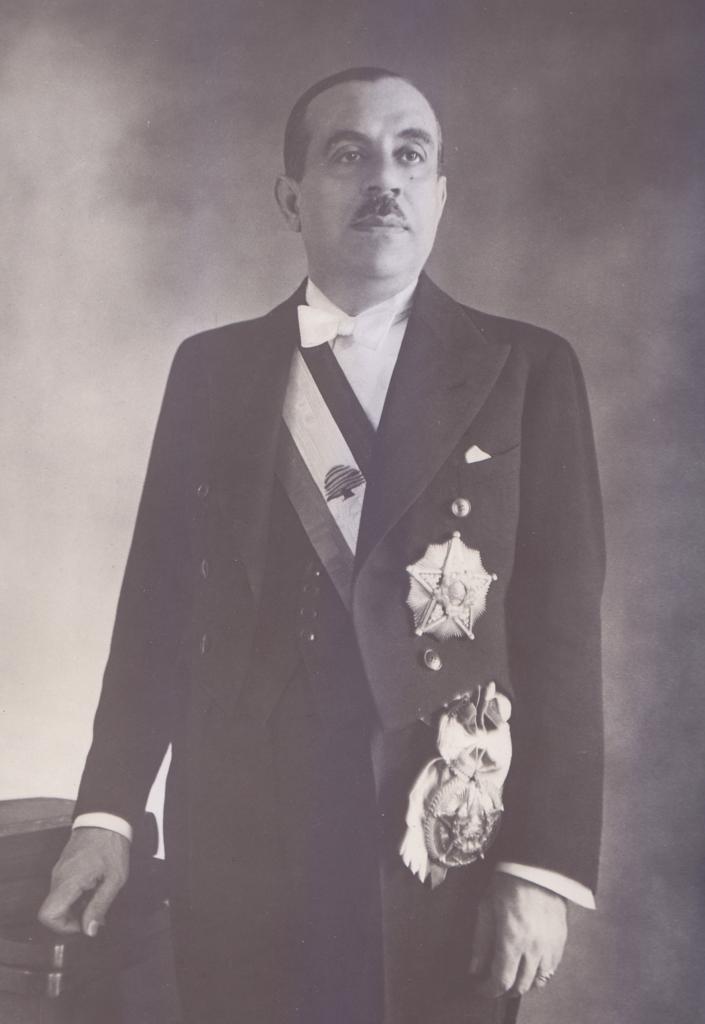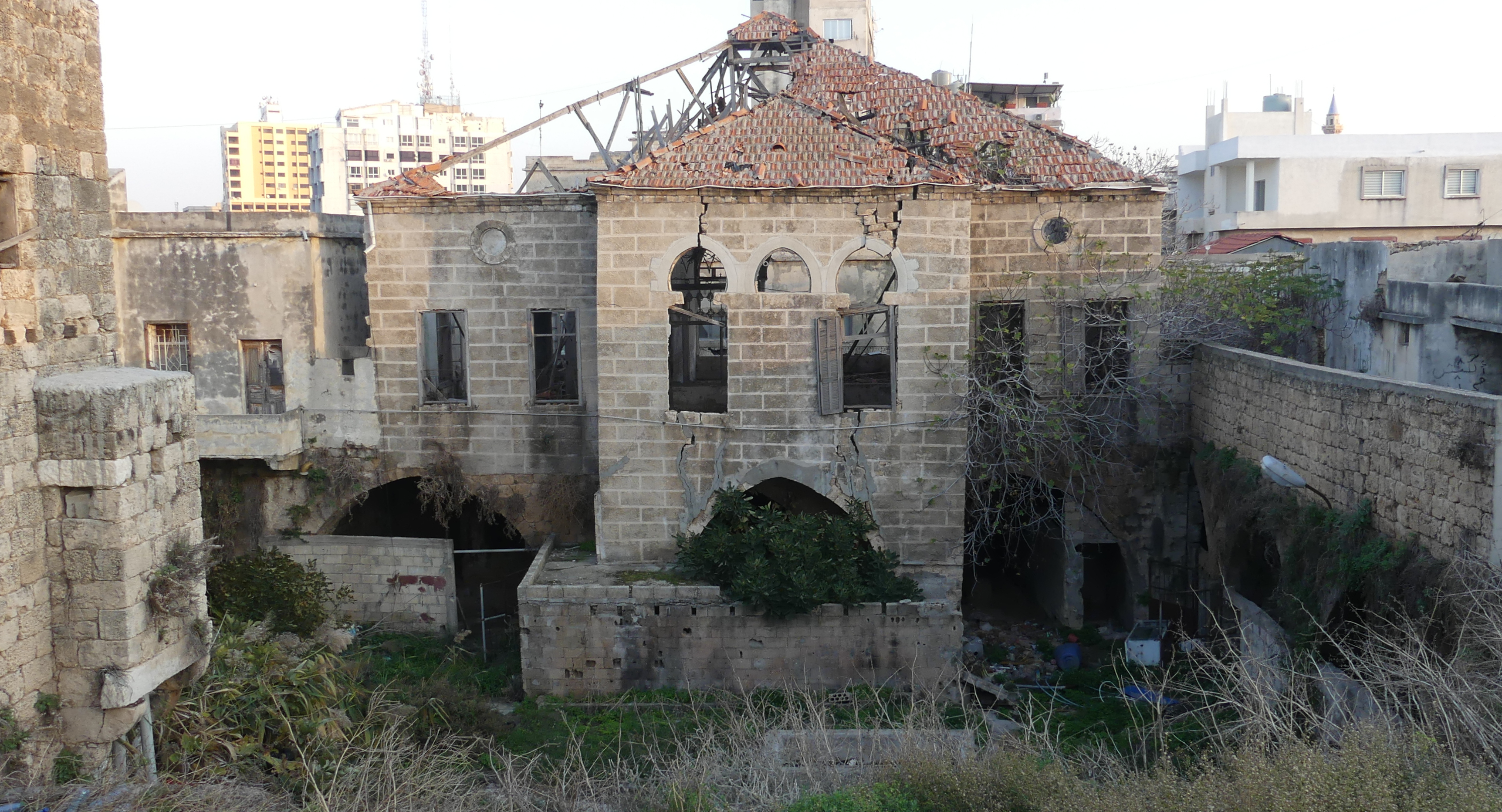|
1968 Lebanese General Election
General elections were held in Lebanon between 24 March and 7 April 1968. Independent candidates won the majority of seats, although many of them were considered to be members of various blocs. Voter turnout was 49.6%. Politically the election was a confrontation between the mainly christian Tripartite Alliance and Chehabists candidates. Background According to the 1960 constitution, the 99 seats were divided amongst ethnic and religious groups: Inter-Parliamentary Union Results Electoral districts Marjeyoun-Hasbaya The district has 4 seats allocated to 2 Shiites, 1 Sunni and 1 . T ...[...More Info...] [...Related Items...] OR: [Wikipedia] [Google] [Baidu] |
Parliament Of Lebanon
The Lebanese Parliament ( ar, مجلس النواب, translit=Majlis an-Nuwwab; french: Chambre des députés) is the national parliament of the Republic of Lebanon. There are 128 members elected to a four-year term in multi-member constituencies, apportioned among Lebanon's diverse Christian and Muslim denominations but with half of the seats reserved for Christians and half reserved to Muslims per Constitutional Article 24. Lebanon has universal adult suffrage. Its major functions are to elect the President of the republic, to approve the government (although appointed by the President, the Prime Minister, along with the Cabinet, must retain the confidence of a majority in the Parliament), and to approve laws and expenditure. On 15 May 2013, the Parliament extended its mandate for 17 months, due to the deadlock over the electoral law. And, on 5 November 2014, the Parliament enacted another extension, thus keeping its mandate for an additional 31 months, until 20 June 2017 ... [...More Info...] [...Related Items...] OR: [Wikipedia] [Google] [Baidu] |
National Bloc (Lebanon)
The National Bloc is a secular political party in Lebanon that was founded in 1943 as a parliamentary bloc for the 1943 Lebanese elections by Émile Eddé but was later formed as a political party in 1946. History The Lebanese National Bloc party is a social liberal, democratic and secular party based on the principles of the Human Rights Charter. The party endeavors to strengthen Lebanon's entity, preserve its sovereignty and independence along with its distinctive role in the neighboring countries and the whole world. It also seeks to lay the foundations and promote the rule of law, social justice, public and private freedoms, and the well-being of the country's citizens. The party was founded by Émile Eddé in 1946. Following his death, his son, Raymond Eddé, was elected as his successor in 1949. The party represented the main political force in Lebanon in the 1940s and 1950s along with the "Constitutional Bloc" led by President Bechara El Khoury. The bloc had great ac ... [...More Info...] [...Related Items...] OR: [Wikipedia] [Google] [Baidu] |
1968 In Lebanon
The year was highlighted by Protests of 1968, protests and other unrests that occurred worldwide. Events January–February * January 5 – "Prague Spring": Alexander Dubček is chosen as leader of the Communist Party of Czechoslovakia. * January 10 – John Gorton is sworn in as 19th Prime Minister of Australia, taking over from John McEwen after being 1968 Liberal Party of Australia leadership election, elected leader of the Liberal Party of Australia, Liberal Party the previous day, following the disappearance of Harold Holt. Gorton becomes the only Australian Senate, Senator to become Prime Minister, though he immediately transfers to the Australian House of Representatives, House of Representatives through the 1968 Higgins by-election in Holt's vacant seat. * January 15 – The 1968 Belice earthquake in Sicily kills 380 and injures around 1,000. * January 21 ** Vietnam War: Battle of Khe Sanh – One of the most publicized and controversial battles of the war ... [...More Info...] [...Related Items...] OR: [Wikipedia] [Google] [Baidu] |
1968 Elections In Asia
The year was highlighted by Protests of 1968, protests and other unrests that occurred worldwide. Events January–February * January 5 – "Prague Spring": Alexander Dubček is chosen as leader of the Communist Party of Czechoslovakia. * January 10 – John Gorton is sworn in as 19th Prime Minister of Australia, taking over from John McEwen after being 1968 Liberal Party of Australia leadership election, elected leader of the Liberal Party of Australia, Liberal Party the previous day, following the disappearance of Harold Holt. Gorton becomes the only Australian Senate, Senator to become Prime Minister, though he immediately transfers to the Australian House of Representatives, House of Representatives through the 1968 Higgins by-election in Holt's vacant seat. * January 15 – The 1968 Belice earthquake in Sicily kills 380 and injures around 1,000. * January 21 ** Vietnam War: Battle of Khe Sanh – One of the most publicized and controversial battles of the war ... [...More Info...] [...Related Items...] OR: [Wikipedia] [Google] [Baidu] |
1968 Lebanese General Election
General elections were held in Lebanon between 24 March and 7 April 1968. Independent candidates won the majority of seats, although many of them were considered to be members of various blocs. Voter turnout was 49.6%. Politically the election was a confrontation between the mainly christian Tripartite Alliance and Chehabists candidates. Background According to the 1960 constitution, the 99 seats were divided amongst ethnic and religious groups: Inter-Parliamentary Union Results Electoral districts Marjeyoun-Hasbaya The district has 4 seats allocated to 2 Shiites, 1 Sunni and 1 . T ...[...More Info...] [...Related Items...] OR: [Wikipedia] [Google] [Baidu] |
El Assaad Family
El-Assaad or Al As'ad ( ar, الأسعد) ( tr, el-esat) is a feudal political family/clan originally from Najd and a main branch of the anza tribe. Unrelated to Syrian or Palestinian Al-Assads, El-Assaad dynasty that ruled most of South Lebanon for three centuries and whose lineage defended fellow denizens of history's Jabal Amel (Mount Amel) principality – today southern Lebanon – for 36 generations, Balqa in Jordan, Nablus in Palestine, and Homs in Syria governed by Ottoman rule between generations throughout the Arab caliphate by Sheikh al Mashayekh (Chief of Chiefs) Nasif Al-Nassar ibn Al-Waeli, Ottoman conquest under Shbib Pasha El Assaad, Ali Bek El Assaad ruler of Belad Bechara (Part of Jabal Amel), Ali Nassrat Bek. Advisor of the Court and a Superior in the Ministry of Foreign affairs in the Ottoman Empire, Moustafa Nassar Bek El Assaad Supreme Court President of Lebanon and colonial French administration by Hassib Bek—also supreme court Judge and grand speaker ... [...More Info...] [...Related Items...] OR: [Wikipedia] [Google] [Baidu] |
Lebanese Greek Orthodox Christians
Lebanese Greek Orthodox Christians (Arabic: المسيحية الأرثوذكسية الرومية في لبنان) refers to Lebanese people who are adherents of the Greek Orthodox Church of Antioch in Lebanon, which is an autocephalous Greek Orthodox Church within the wider communion of Eastern Orthodox Christianity, and is the second-largest Christianity in Lebanon, Christian denomination in Lebanon after the Maronite Christianity in Lebanon, Maronite Christians. Lebanese Greek Orthodox Christians are believed to constitute about 8% of the total population of Lebanon.Lebanon – International Religious Freedom Report 2010 U.S. Department of State. Retrieved on 14 February 2010. [...More Info...] [...Related Items...] OR: [Wikipedia] [Google] [Baidu] |
Najjadeh Party
By the name "the rescuers" or "the helpers" ( ar, حزب النجادة , ''Hizb An-Najjadah'', ''Najjadah'', ''Najjadeh'' or ''Najjada'') is an Arab nationalist political party that appeared in Lebanon during the 1930s. Origins Lebanon in the 1930s witnessed the emergence of two paramilitary youth sport organizations of sectarian cast with clear fascist tendencies in Beirut and other Lebanese cities, the Lebanese Phalanges led by Pierre Gemayel and the Najjadah. The latter began its existence in 1933-34 as a Sunni Muslim boy-scouts organization founded and led by Muhi al-Din al-Nasuli, the editor of the influential pan-Arabist Muslim newspaper ''Bayrut'', with the purpose of protecting the Muslim community and to act as a counterweight to the Phalangists. . He often criticized the "moral chaos" in public life and adopted the supremacist motto "Arabism Above All" on his own newspaper's masthead. Al-Nasuli's ''Bayrut'' also published glowing accounts of German youth's supp ... [...More Info...] [...Related Items...] OR: [Wikipedia] [Google] [Baidu] |
Party Of The Constitutional Union
A party is a gathering of people who have been invited by a host for the purposes of socializing, conversation, recreation, or as part of a festival or other commemoration or celebration of a special occasion. A party will often feature food and beverages, and often conversation, music, dancing, or other forms of entertainment. Some parties are held in honor of a specific person, day, or event, such as a birthday party, a Super Bowl party, or a St. Patrick’s Day party. Parties of this kind are often called celebrations. A party is not necessarily a private occasion. Public parties are sometimes held in restaurants, pubs, beer gardens, nightclubs, or bars, and people attending such parties may be charged an admission fee by the host. Large parties in public streets may celebrate events such as Mardi Gras or the signing of a peace treaty ending a long war. Types Balls Banquets Birthday party A birthday party is a celebration of the anniversary of the birth of the ... [...More Info...] [...Related Items...] OR: [Wikipedia] [Google] [Baidu] |
Armenian Revolutionary Federation In Lebanon
The Armenian Revolutionary Federation (ARF or ՀՅԴ) ( hy, Հայ Յեղափոխական Դաշնակցութիւն ''Hay Heghapokhagan Tashnagtsutiun'', ''Tashnag'') (in Arabic الإتحاد الثوري الأرمني - الطاشناق), also known simply as Tashnag, is an Armenian political party active in Lebanon since the 1920s as an official political party in the country after having started with small student cells in the late 1890s and early 20th century. The party is considered to have the biggest political support in the Lebanese Armenian community. History The Armenian Revolutionary Federation was founded in Tiflis (Tbilisi in modern-day Georgia) in 1890 by Christapor Mikaelian, Stepan Zorian, and Simon Zavarian. The party operates in Armenia and in countries where the Armenian diaspora is present, notably in Lebanon where the Armenian Revolutionary Federation is considered the strongest political party within the Lebanese-Armenian community. The party adheres ... [...More Info...] [...Related Items...] OR: [Wikipedia] [Google] [Baidu] |
Progressive Socialist Party
The Progressive Socialist Party ( ar, الحزب التقدمي الاشتراكي, translit=al-Hizb al-Taqadummi al-Ishtiraki) is a Lebanese political party. Its confessional base is in the Druze sect and its regional base is in Mount Lebanon Governorate, especially the Chouf District. Founded by Kamal Jumblatt in 1949, the party has been led by his son Walid since 1977. Origins The party was founded on 5 January 1949, and registered on 17 March the same year, under notification N°789. The founders comprised six individuals, all of different backgrounds. The most notable of these was Kamal Jumblatt. The others were Farid Jubran, Albert Adeeb, Abdallah Alayli, Fouad Rizk, and George Hanna. The PSP held the first conference for the Socialist Arab Parties in Lebanon, Syria, Egypt and Iraq in Beirut in 1951. From 1951 through 1972 the party had between three and six deputies in parliament. The PSP in the Lebanese Civil War (1975–1990) Under Kamal Jumblatt's leadership, the ... [...More Info...] [...Related Items...] OR: [Wikipedia] [Google] [Baidu] |



.jpg)



_(Cropped).jpg)